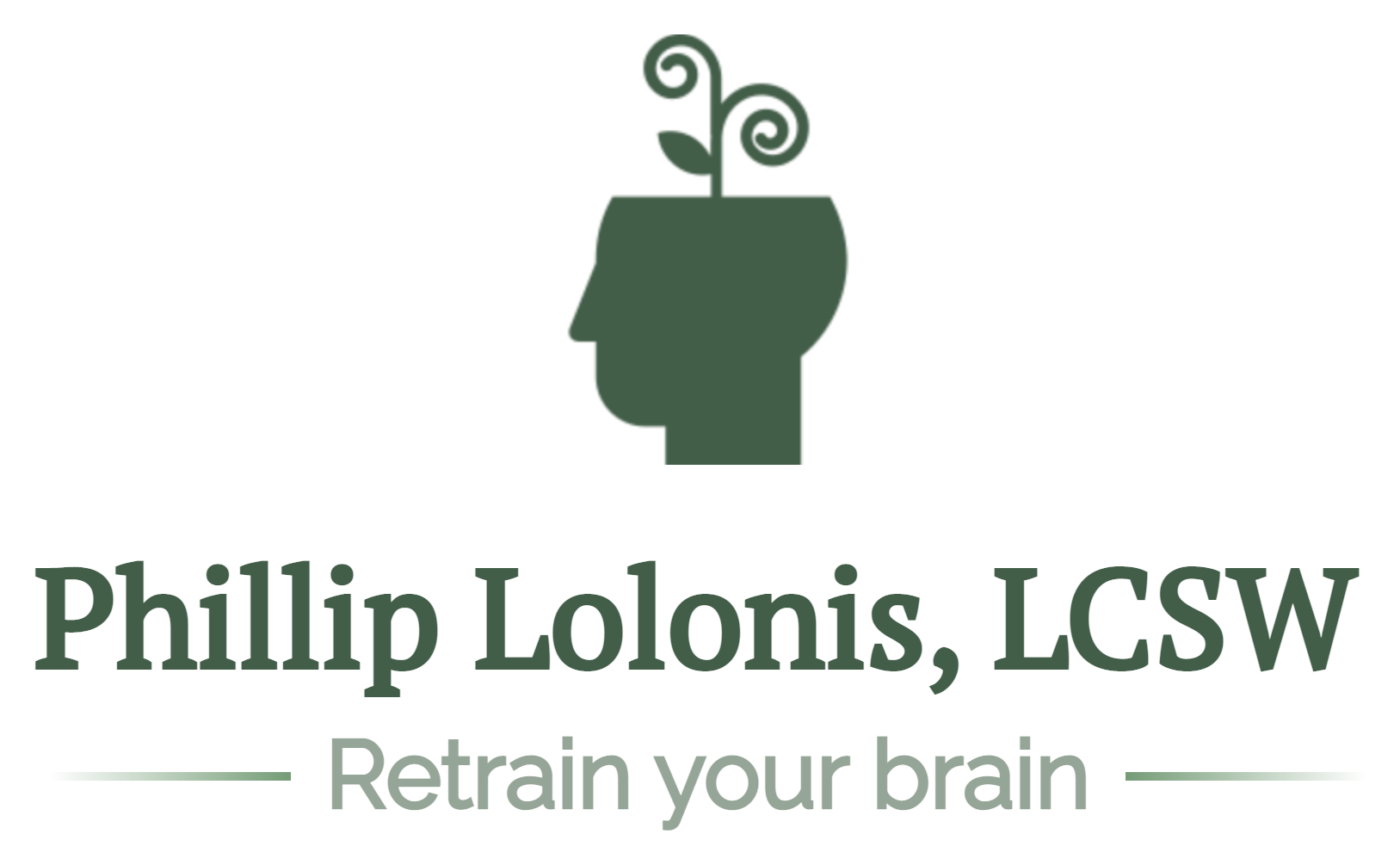Anxiety and OCD
Is anxiety taking over your life? Does it feel like you can’t control it no matter how hard you try? Have you already tried medications or talk therapy but found it ineffective?
If this sounds like you, I’m confident I can help. My practice offers the most effective forms of treatment, to get the relief from anxiety that you deserve.
When it comes to treating anxiety disorders, research shows that TEAM Cognitive Behavioral Therapy (CBT) with Exposure is usually more effective than medication. This is because TEAM CBT treats more than just symptoms of the problem, but the underlying defensiveness or protections that cannot be understood or recognized by medications or traditional talk therapy. In addition, Eye Movement Desensitization Reprocessing (EMDR) and Mindfulness practices have shown to soften anxiety symptoms and allow clients to face the fears they may have been avoiding for years!
Often, these are the symptoms of anxiety:
- Nervousness, restlessness or being tense
- Feelings of danger, panic or dread
- Rapid breathing or hyperventilation
- Increased or heavy sweating
- Trembling or muscle twitching
- Weakness or lethargy
- Difficulty focusing or thinking clearly about anything other than the thing you’re worried about
- Insomnia
- Obsessions about certain ideas, a sign of obsessive-compulsive disorder
- Anxiety surrounding a particular life event or experience that has occurred in the past, a sign of post-traumatic stress disorder
Obsessive Compulsive Disorder
Obsessive Compulsive Disorder, or OCD, involves having obsessive thinking patterns that can include unwanted thoughts, images, or urges that make a person feel anxious or distressed.
Individuals who have OCD often have significant difficulty pushing away or ignoring these thoughts. Those with OCD also have compulsive behaviors which are an attempt to reverse the obsessive thoughts or urges by performing some sort of action.
Common signs, according to the Mayo Clinic, of OCD are:
- Intrusive thoughts
- Constant checking
- Constant counting
- The repeated cleaning of one or more items
- Constantly checking the stove or door locks
- Fear of contamination
- Hoarding
- Thoughts that you might be harmed
- Thoughts that you might cause others harm
If one or more of the above symptoms resonates with you, I encourage you to look into OCD therapy today. Research shows that the most effective treatments for OCD are Cognitive Behavioral Therapy (CBT) with Exposure and Response Prevention (ERP) and using mindfulness practices that help separate the human from the thinking and compulsions.
As a licensed mental health professional, I have extensive training in helping patients overcome and grow from their OCD. Together, we’ll create a strategy that works explicitly for you. Contact me today for a free consultation.
